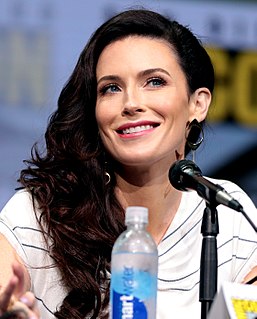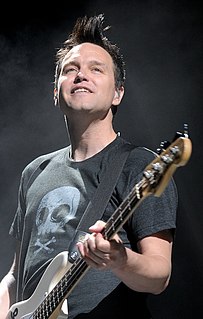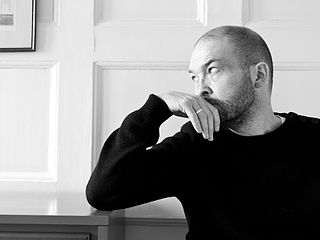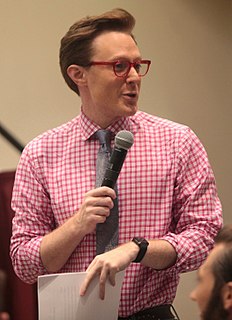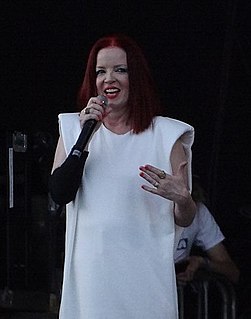A Quote by Jimmy Page
The fourth album encapsulated some remarkable music that was really groundbreaking. We were able to have something like 'When the Levee Breaks,' which, sonically, was very menacing. But then you had the flip side: something like 'Going to California,' which is really intimate.
Related Quotes
The whole first movie [Twilight] was pretty fun. I had never really done a movie like it, when there's such a big cast of people that are around about the same age. Everyone didn't really know what was going to happen with the movie, but there was a good energy. There was something which people were fighting for, in a way. They wanted it to be something special. None of us were really known then, as well. It felt like a big deal, at the time.
Being on film is forever. Television, as well, just lives on and on and on, which is really exciting. But then with theater, it's like an experience. You have to be there that one special night that was like that to see that one performance that was really remarkable. It's more intimate as well. So I like them both.
The whole first movie [Twilight] was pretty fun. I had never really done a movie like it, when there's such a big cast of people that are around about the same age. Everyone didn't really know what was going to happen with the movie, but there was a good energy. There was something which people were fighting for in a way. They wanted it to be something special. Also, none of us were really known then as well.
We never really set out to talk about California on the album ['California'], it was something that we noticed that was happening about three-quarters of the way through the recording process. We were looking at which songs we thought would make the record and we realised that there was this theme coming through. I think it's just a product of being in California for as long as I have.
Well, Led Zeppelin IV! That's it really. I'll tell you why the album had no title - because we were so fed up with the reactions to the third album, that people couldn't understand why that record wasn't a direct continuation of the second album. And then people said we were a hype and all, which was the furthest thing from what we were. So we just said, `let's put out an album with no title at all!' That way, either people like it or they don't... but we still got bad reviews!
When I'm naked, I really like to do push-ups. No. I think I really tackle it like everything else. If you're going to commit yourself to playing something, you have to be able to understand it. If you can understand it, then you can do it and go balls out with it. But, I've never been in a position where I've been like, "This doesn't feel right." I wouldn't do it, if it was that. I like the shock value of it. I think that, if you use it correctly, it's pretty effective, as long as I'm lit really, really, really well.
I think, when all bands start, when you're on your first album you have the benefit of hoovering up people who genuinely come across the music and really like it, but also those sort of 'floating voters' who just like pop music when they're young. And I think that when you get to your fourth album, those floating voters have dissipated and you're left with a core audience, and at that point you've really got to get your act together and move on to something else to keep afloat, or you'll just shrink with your core audience.
Maori get pigeonholed into the idea they're spiritual and telling stories like 'Whale Rider' and 'Once Were Warriors,' quite serious stuff, but we're pretty funny people, and we never really have had an opportunity to show that side of ourselves, the clumsy, nerdy side of ourselves, which is something I am.
I really, really liked shooting and doing the scene with Emilia Clarke and Peter Dinklage at the end of 'Winds of Winter,' when she gives him the Hand of the Queen. Because we shot it very simply. We felt like we had managed to do something that was visual but really was a very intimate scene between two people.
I had taken some of my solo music into the record label. They didn't really care for the direction I was moving in and I found it really disheartening. They wanted a pop hit, which I understand in terms of making money. I get that. But what they were going to ask of me was something I wasn't prepared to deliver and I felt kind of trapped. I just stopped writing. I just stopped. It was stifling.
If you think about even very common examples like, say, something that you would build, like a clock or a car or a group of people trying to accomplish something, it fails when its unity breaks down. So when it stops having a single form, which is functioning all together, then it sort of falls apart into discrete elements.


